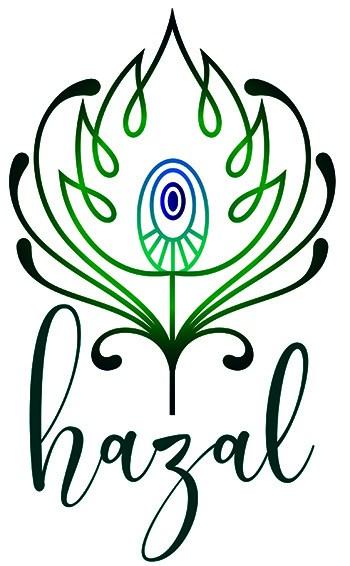They don’t hang in closets. They don’t sit silently behind glass. Pakistani dresses breathe. They whisper in folds and sing in colors. They carry the weight of stories, untold and ancient. Every hemline is a horizon. Every motif is a heartbeat.
You don’t wear a Pakistani dress.
You become it.
A Conversation in Cloth
Before it is stitched, it speaks. Fabric between fingers. A soft rustle like a secret about to be told. The cloth doesn’t ask to be shaped—it already knows who it wants to become. It tells you. You just listen.
In that space, between decision and design, the dress is already alive.
Colors That Know Your Name
Red is not red here. It is fire. It is farewell. It is first steps. It is a mother’s hands adjusting your bangles. It is eyes lowered, heart loud.
Gold is not gold. It is laughter under chandeliers. It is memories folded into borders. It is sunlight sewn into silk.
Green breathes with faith. Black hums with elegance. White doesn’t fade—it waits.
In Pakistani dresses, color is not decoration. It is declaration.
The Art of Becoming
You don’t step into the dress. You rise into it. As you slide your arms through the sleeves, you remember things you didn’t know you forgot—your grandmother’s mirror, the echo of Mehndi nights, the way thread once danced under your mother’s needle.
These dresses don’t just fit bodies. They fit memories.
Flow Like Memory
Shalwar kameez, lehengas, anarkalis—they don’t stand still. They move. Not just with you, but before you. They arrive first. A flare around a corner. A trail up a staircase. A shimmer across a courtyard.
They aren’t stitched to be still. They’re stitched to dance.
Even if you don’t.
Details That Dare to Dream
Mirror work that glints like stardust. Embroidery that curls like poetry on parchment. Sequins that catch your joy and reflect it back to you.
Each thread is a sentence. Each motif is a sigh. The work is not about opulence. It’s about intimacy.
You don’t look at a Pakistani dress. You read it.
The Weight You Choose
There’s a heaviness that feels like home. The dupatta—draped, not worn. Sometimes perched on a shoulder like a thought. Sometimes swept over your head like a prayer. It’s not for modesty. It’s for majesty.
It’s how you carry it that tells your story.
Celebration Is Woven
Weddings don’t begin with invitations here. They begin when the tailor measures your smile. When the swatch is chosen. When the first pin is set.
A wedding dress isn’t just fabric—it’s arrival, it’s farewell, it’s transformation.
The dress doesn't mark the day.
It becomes it.
A Woman Wears the World
There is no single silhouette. There are no rules but feeling. A simple lawn suit with two wooden buttons can sing louder than sequins. A monochrome black kurta can speak volumes without ever whispering.
Some women wear embroidery like armor. Others wear it like air.
Each choice is a poem.
Time Does Not Fade Fabric
You open the old trunk. The scent of naphthalene, of rose, of rain-soaked wood. And there it is. Your mother’s wedding dress. Or your own. Folded like memory. Heavy, yes—but never old.
You touch it. It touches back.
Time doesn’t forget dresses like these. It bows to them.
Children of the Loom
We all come from somewhere. From looms in dusty villages. From hands that work without pattern but with purpose. From markets where bangles click in rhythm and the shopkeeper knows your favorite shade of blue before you speak.
Pakistani dresses are not bought. They are passed down. They are returned to. They are remembered.
Stitched with Sky
Some dresses feel like dawn. Some like dusk. Some are stormcloud grey, electric with mystery. Some are sunlight—yellow and forgiving. Others are midnight velvet, stitched with the hush of stars.
The sky may change, but the thread remembers.
Not a Dress—A Dialogue
You put it on. And the dress asks you:
Who are you today? Bold or soft? Still or soaring?
Do you need silence or celebration? A crown or a cover?
And you answer—without speaking.
The Dress Walks With You
To the gathering. To the rooftop. To the place where chai is served in chipped cups and laughter leaks through walls. To the stage. To the shadows. To the spaces between expectation and freedom.
The dress walks with you.
And when you finally take it off, something of you remains in it.
Endings That Begin Again
You fold the dress. Lay it gently into a drawer. But it isn’t over. Nothing ends where memory lives. Someday someone else will find it. Slip it on. Stand in front of a mirror.
And the dress will remember you.
The laughter. The tears. The way you danced when no one was watching.
Pakistani dresses don’t age.
They evolve.

